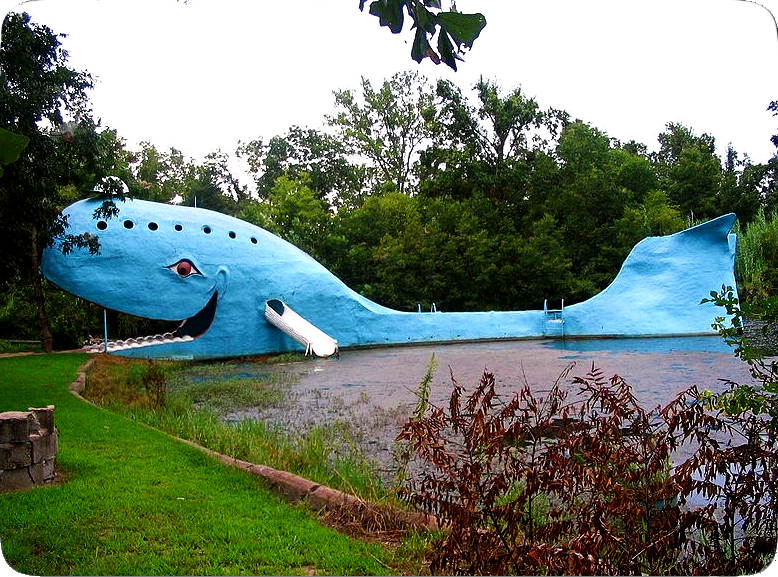Keeper of the Spring
The late Peter Marshall was an eloquent speaker and for several years served as the chaplain of the Unite States Senate. He used to love to tell the story of the “Keeper of the Spring,” a quiet forest dweller who lived high above an Austrian village along the eastern slope of the Alps.
The old gentleman had been hired many years earlier by a young town councilman to clear away the debris from the pools of water up in the mountain crevices that fed the lovely spring flowing through their town.
With faithful, silent regularity, he patrolled the hills, removed the leaves and branches, and wiped away the silt that would otherwise have choked and contaminated the fresh flow of water.
The village soon became a popular attraction for vacationers. Graceful swans floated along the crystal clear spring, the mill wheels of various businesses located near the water turned day and night, farmlands were naturally irrigated, and the view from restaurants was picturesque beyond description.
Years passed. One evening the town council met for its semiannual meeting. As they reviewed the budget, one man’s eye caught the salary figure being paid the obscure keeper of the spring.
Said the keeper of the purse, “Who is the old man? Why do we keep him on year after year? No one ever sees him. For all we know, the strange ranger of the hills is doing us no good. He isn’t necessary any longer.” By a unanimous vote, they dispensed with the old man’s services. For several weeks, nothing changed.
By early autumn, the trees began to shed their leaves. Small branches snapped off and fell into the pools, hindering the rushing flow of sparkling water.
One afternoon someone noticed a slight yellowish-brown tint in the spring. A few days later, the water was much darker. Within another week, a slimy film covered sections of the water along the banks, and a foul odor was soon detected.
The mill wheels moved more slowly, some finally ground to a halt. Swans left, as did the tourists. Clammy fingers of disease and sickness reached deeply into the village.
Quickly, the embarrassed council called a special meeting. Realizing their gross error in judgment, they rehired the old keeper of the spring, and within a few weeks, the veritable river of life began to clear up. The wheels started to turn, and new life returned to the hamlet in the Alps.
Never become discouraged with the seeming smallness of your task, job, or life. Cling fast to the words of Edward Everett Hale: “I am only one, but still I am one. I cannot do everything, but still I can do something; and because I cannot do everything, I will not refuse to do something I can do.”
The key to accomplishment is believing that what you can do will make a difference.
by Peter Marshall
Peter Marshall was born in 1902. He was a Scottish-born American preacher, a writer, and a chaplain of the United States Senate. Peter Marshall passed on in 1949.
The late Peter Marshall was an eloquent speaker and for several years served as the chaplain of the Unite States Senate. He used to love to tell the story of the “Keeper of the Spring,” a quiet forest dweller who lived high above an Austrian village along the eastern slope of the Alps.
The old gentleman had been hired many years earlier by a young town councilman to clear away the debris from the pools of water up in the mountain crevices that fed the lovely spring flowing through their town.
With faithful, silent regularity, he patrolled the hills, removed the leaves and branches, and wiped away the silt that would otherwise have choked and contaminated the fresh flow of water.
The village soon became a popular attraction for vacationers. Graceful swans floated along the crystal clear spring, the mill wheels of various businesses located near the water turned day and night, farmlands were naturally irrigated, and the view from restaurants was picturesque beyond description.
Years passed. One evening the town council met for its semiannual meeting. As they reviewed the budget, one man’s eye caught the salary figure being paid the obscure keeper of the spring.
Said the keeper of the purse, “Who is the old man? Why do we keep him on year after year? No one ever sees him. For all we know, the strange ranger of the hills is doing us no good. He isn’t necessary any longer.” By a unanimous vote, they dispensed with the old man’s services. For several weeks, nothing changed.
By early autumn, the trees began to shed their leaves. Small branches snapped off and fell into the pools, hindering the rushing flow of sparkling water.
One afternoon someone noticed a slight yellowish-brown tint in the spring. A few days later, the water was much darker. Within another week, a slimy film covered sections of the water along the banks, and a foul odor was soon detected.
The mill wheels moved more slowly, some finally ground to a halt. Swans left, as did the tourists. Clammy fingers of disease and sickness reached deeply into the village.
Quickly, the embarrassed council called a special meeting. Realizing their gross error in judgment, they rehired the old keeper of the spring, and within a few weeks, the veritable river of life began to clear up. The wheels started to turn, and new life returned to the hamlet in the Alps.
Never become discouraged with the seeming smallness of your task, job, or life. Cling fast to the words of Edward Everett Hale: “I am only one, but still I am one. I cannot do everything, but still I can do something; and because I cannot do everything, I will not refuse to do something I can do.”
The key to accomplishment is believing that what you can do will make a difference.
by Peter Marshall
Peter Marshall was born in 1902. He was a Scottish-born American preacher, a writer, and a chaplain of the United States Senate. Peter Marshall passed on in 1949.





























































































